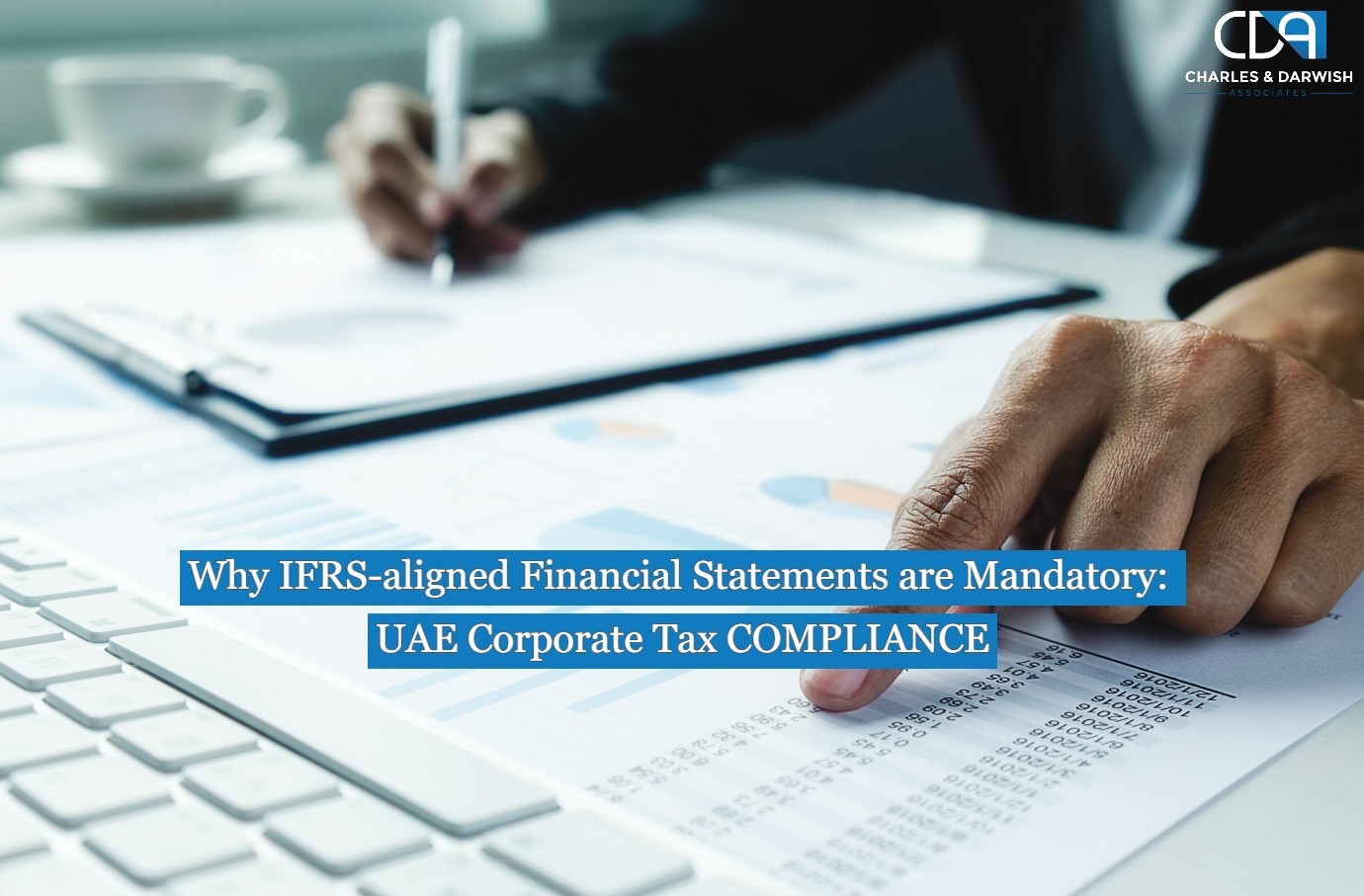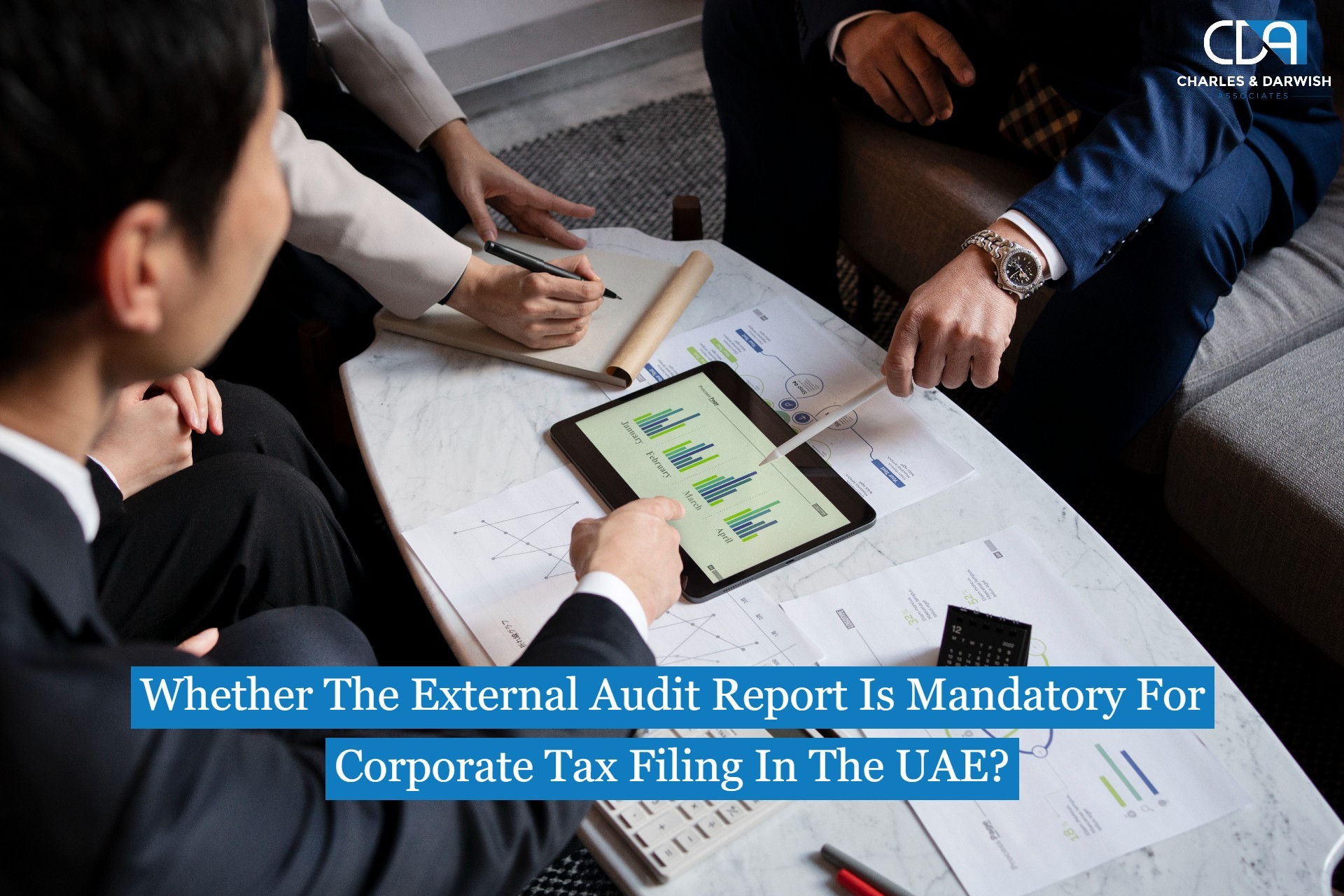How Corporate Tax Will Affect your Business in the UAE?
Corporate tax can be defined as a tax charged on the profits of a company in UAE. The rate of corporate tax varies for different countries. There are many perks to implementing a corporate tax law in the UAE. The UAE has been working on introducing a corporate tax regime for a number of years, but the announcement of the tax rates and implementation date came as a surprise to many businesses in the UAE.
The announcement of the corporate tax regime has led to a lot of confusion and uncertainty among businesses in the UAE. This is because the UAE has always been a tax-free country, and there is no existing infrastructure to support the new tax regime. In addition, the UAE is a federation of seven emirates, and each emirate has its own tax laws.
The introduction of the corporate tax regime will have a significant impact on businesses in the UAE. Businesses will have to comply with the new tax laws and regulations, and they will also have to pay corporate taxes. This will have a gradual impact on the profitability of businesses in the UAE.
This has caused some uncertainty among businesses operating in the country. In this article, we will explain what corporate tax is and how it is going to affect businesses in the UAE.
How corporate tax is going to affect businesses in UAE?
The UAE Ministry of Finance recently published Federal Law No. 47/2022 on Corporations and Business Taxation. The Corporate Tax Law was passed on December 9, 2022, in order to help the UAE, achieve its strategic goals and expedite the country's development and transformation. The effective date on which corporate tax becomes applicable varies depending on the financial year of the business. Because most firms in the UAE have a financial year that runs from January 1 to December 31, corporation tax will be applied to these organizations beginning January 1, 2024.
- Every registered business would be compelled to register for corporate tax, and they would be pushed to pay 9% of their adjusted taxable profits over and above the exemption threshold of AED 375,000 on an annual basis. Corporate tax would constitute the businesses' short-term liability, affecting their working capital.
- The introduction of corporate tax would include implementation, training, and bureaucratic compliance costs, which would be reasonable given the UAE's uncomplicated tax system. However, businesses will undoubtedly focus on tax planning to reduce the impact of corporate tax on their profitability, increasing the demand for tax specialists.
- It is highly probable that shareholders will strive to maintain their share of profits by passing on the impact of corporate tax to end-users in the form of higher sales prices, making things a little more expensive for end-users and reducing their purchasing power.
- Reduced purchasing power would have an effect on demand for products and services, and the trickle-down effect would be on business production and sales, affecting economic growth in the near run.
What are the benefits of corporate taxes?
Besides all these impacts, the introduction of corporate tax in UAE has many benefits, including:
- In comparison to other Gulf countries, the rate is comparatively low; for example, Saudi Arabia has a 20% tax rate, while Oman and Kuwait have a 15% tax rate.
- The competitive corporate tax policy corresponds to international standards, with the average tax rate worldwide being around 24%, and contributes to the UAE's status as a premier location for business and investment.
- Corporate taxation will provide various benefits to citizens of the country, including increased government revenue and expenditure, reducing the government's dependence on hydrocarbon revenue, improving foreign direct investment, and, in the short term, increasing the country's gross domestic product (GDP) by 2-3%.
- The non-oil industry accounts for over 70% of the country's annual GDP. In the next few years, corporate taxes will aid in the growth of the non-oil industry.
- The corporate tax revenue collected will be reinvested in infrastructure and public services, enhancing the country's economy and well-being.
- Paying corporate taxes may be more advantageous to business owners than paying additional individual income taxes. Medical insurance for families, as well as fringe benefits such as retirement plans and tax-deferred trusts, are deducted from corporate tax returns.
How can CDA help you?
CDA is one of the leading accounting and auditing companies that provides its clients in UAE with custom-tailored services in the most cost effective manner. CDA has already equipped its clients with all the information and knowledge relating to the Corporate tax which is to be introduced in UAE within a short time. Corporate tax consultation from our experts can give you a better and clearer insight on how the tax is going to affect or alter the working of your business in UAE. Your firm can also get the assistance of our professionals to prepare a proper framework for the CT. To know more about our services, please contact us now.

Mark Thompson
Full-stack Developer, Blogger, and Tech Enthusiast.
Mark specializes in digital marketing, SEO, and content strategy.













